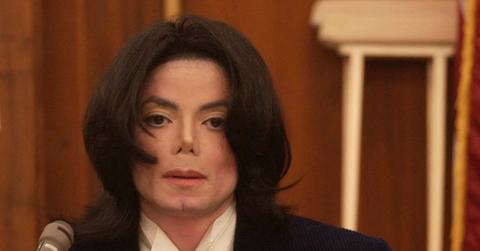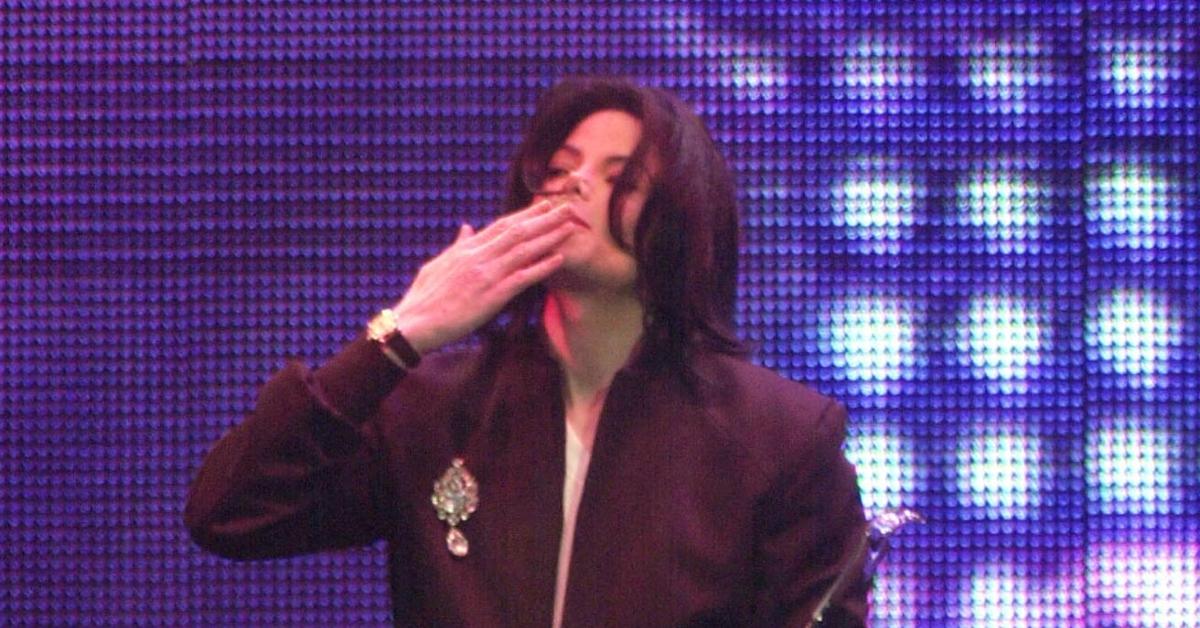What Were Michael Jackson's Last Words Before His Tragic 2009 Overdose Death?
"Just make me sleep; it doesn’t matter what happens."
Published March 13 2025, 2:54 p.m. ET

Singer and performer Michael Jackson was a legend in the industry. From his days as a child superstar in the Jackson 5 to his wildly successful solo career as an adult, the artist spent most of his life in the spotlight and under the pressure of extreme fame and all that comes with it.
He was also a highly controversial figure, both facing disturbing allegations and overcoming a childhood of abuse.
When he died in 2009, it's unsurprising that the circumstances of his death became a media circus. People honed in on every little detail of how the beloved singer succumbed to a drug overdose, wondering how it all played out.
So what were Michael Jackson's last words? Here's what we know.

What were Michael Jackson's last words before he died in 2009?
Michael Jackson died on June 24, 2009, after a long battle with drug addiction. According to reports following a court case, he was under the care of Dr. Conrad Murray, Michael's personal physician who attended him in his home.
Michael evidently suffered from a sleep disorder that made him struggle to fall asleep. Dr. Murray would administer medications to help the pop superstar sleep, but those drugs would end up spelling Michael's doom.
Leading up to his death, Michael had been receiving a number of drugs to help him sleep, including benzodiazepines, often used for sleep or anxiety. According to the BBC, another drug in the doctor's arsenal to treat Michael was Propofol, a milky white liquid injected into patients who are undergoing surgery and need to be unconscious.
It's traditionally only administered in a surgical theater where an anesthesiologist monitors the patient and supplies oxygen. It's nicknamed "Milk of Amnesia" because it tends to make you fall asleep quickly and forget small chunks of time.
Dr. Murray claims that he was weaning Michael off the dangerous anesthetic drug, and turned to the benzodiazepines as a replacement. Court records state that he left the room, and he claims Michael administered propofol to himself. Murray returned a few minutes later to find Michael dead.
His final words included begging for more "milk," aka propofol, court records indicate.
At one point, he reportedly told the doctor, "Just make me sleep; it doesn’t matter what happens." He then worried about his plans for the day, adding, "I can’t function if I don’t sleep. They’ll have to cancel it. And I don’t want them to cancel it, but they will have to cancel it" (excerpt via CelebAnswers).
Those were the last reported words of Michael Jackson.
Why was Michael so obsessed with "Milk of Amnesia"?
Dr. Conrad Murray was later found guilty of manslaughter in Michael's death. The cause of death was ruled to be "acute propofol intoxication." The doctor was found negligent, with the court determining that he knew about Michael's addiction and mental health instability and took unnecessary risks that deprived his family of his presence permanently.
But why did Michael suffer from addiction to begin with? He was once the pop king of the world, beloved and successful. But in the 1990s, he was accused of the sexual abuse of several minors. That seemed to rattle the star, who was previously championed as a children's rights advocate. He all but disappeared from the public.
According to Rolling Stone, a 2003 documentary brought to light the fact that Michael was grappling with a devastating addiction to opiate painkillers, and more serious child molestation allegations were levied against the pop star.
With a combination of mental health challenges and the way his life changed rapidly after the accusations emerged in the '90s, Michael likely sunk into depression and addiction as a way to cope and escape.
He also spoke about the abuse he endured as a child at the hands of his father, which likely compounded his desperation and trauma.
For all his challenges, it was expected that Dr. Murray would see what Michael was struggling with and not place him in a dangerous situation. A month before he passed, an audio recording was released with Michael slurring his words heavily and talking about non sequitur topics, seemingly heavily drugged.
It was part of the evidence submitted to the court to show that Dr. Murray should have known Michael was not in a frame of mind to take drugs responsibly, and he should have sought outside help at that point.
Unfortunately, that never happened, and Michael died. His death left his alleged victims in a state of permanent lack of closure, and his family deeply grieving the man they loved while he grappled with addiction.
If you or someone you know needs help, use SAMHSA Behavioral Health Treatment Services Locator to find support for mental health and substance use disorders in your area or call 1-800-662-4357 for 24-hour assistance.